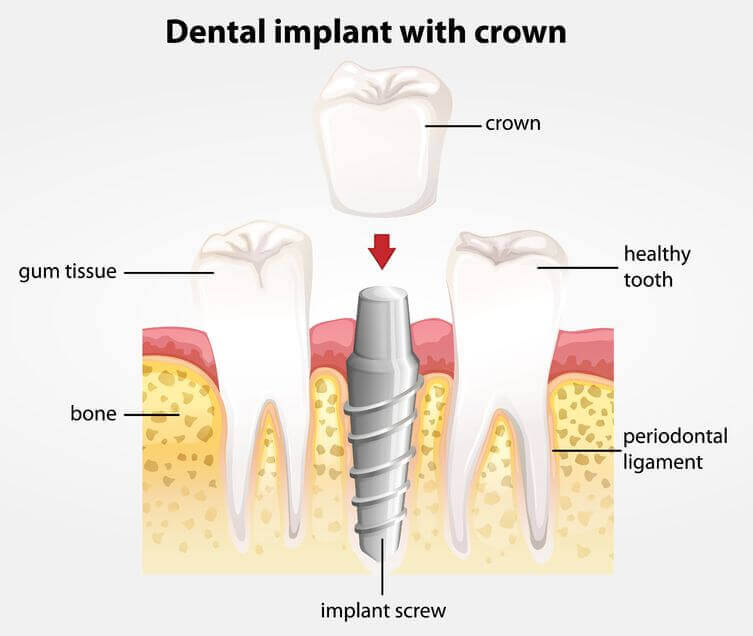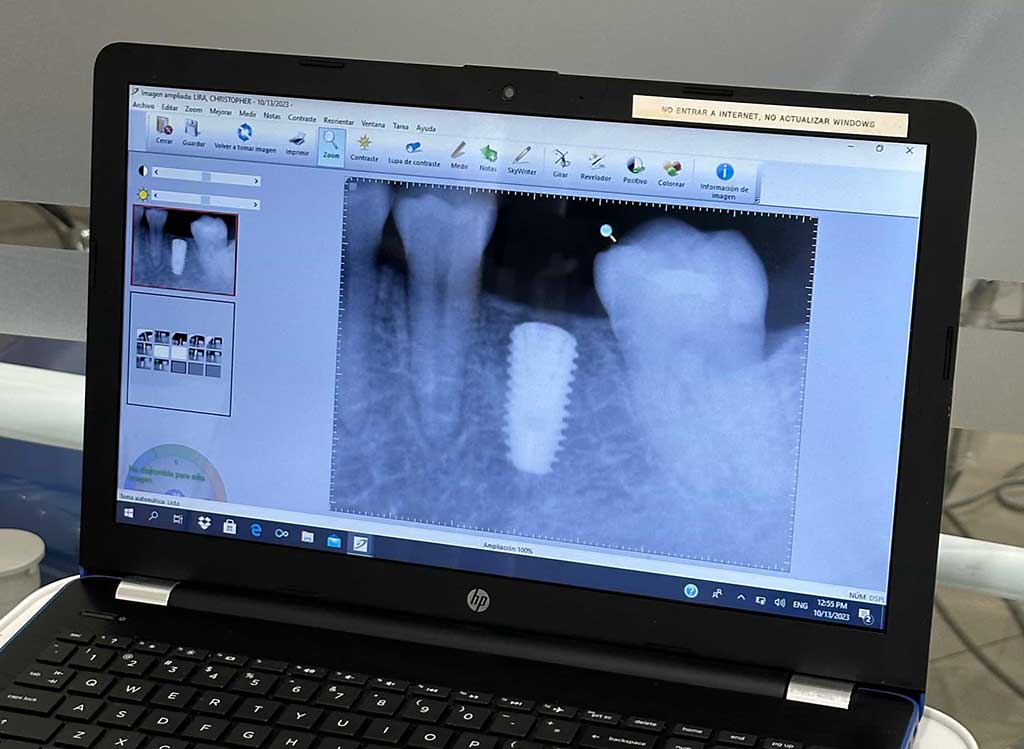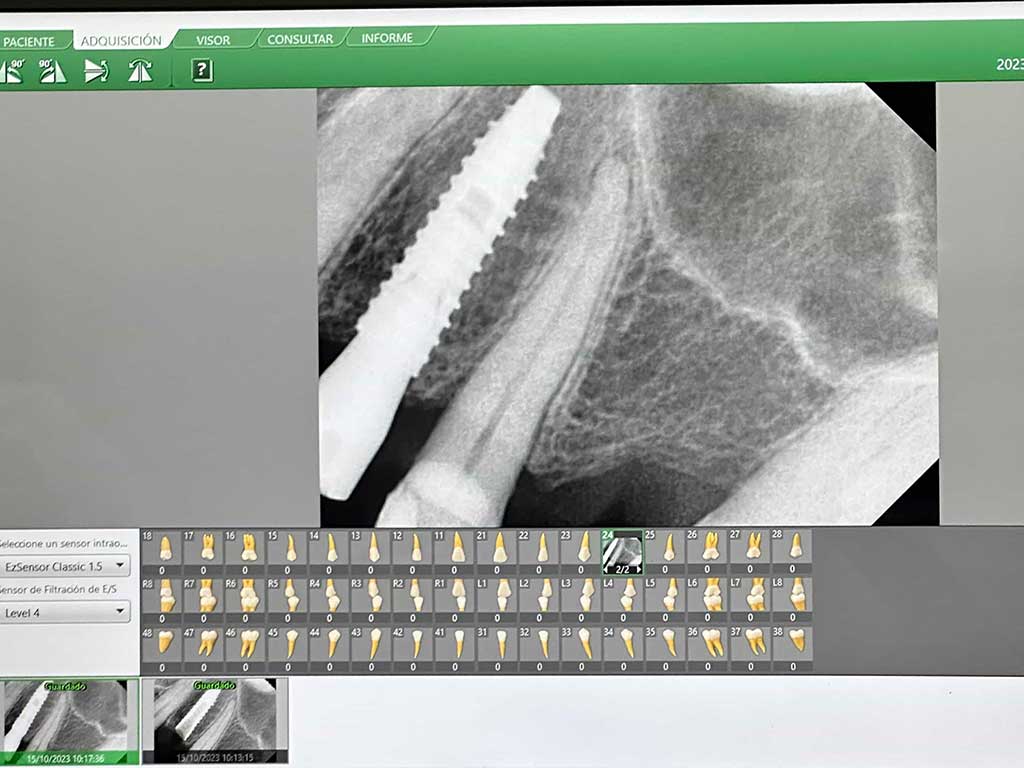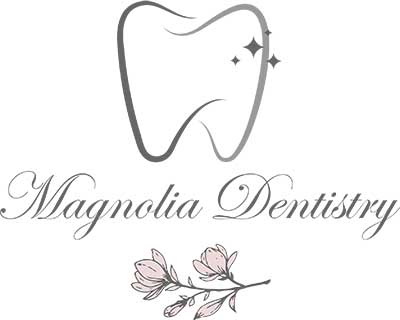Dental Implants: The guide to get a healthy and strong implants
Imagine regaining the confidence to smile, laugh, and eat your favorite foods without worry. Dental implants offer a life-changing solution that can restore not only your teeth but also your self-esteem and overall quality of life. In this comprehensive guide, from costs and procedures to outcomes and alternatives. If you are in pain please check out the emergency dentist page for more information.
What are key points
- Dental implants are a type of surgical procedure that provides a strong foundation for tooth replacement.
- Benefits include improved appearance, speech, comfort, oral health and durability. Risks can be mitigated through proper care.
- Candidates should have healthy gums and adequate bone. Cost analysis may vary depending on insurance coverage or alternatives available.
Understanding Dental Implants

Dental implant Garland
Dental implants are artificial tooth roots that provide a strong foundation for fixed or removable replacement teeth. They consist of three main components:
- The implant, which is a titanium post inserted into the jawbone
- The abutment, which connects the implant to the crown
- The crown, which replaces the missing tooth and closely resembles natural teeth
Dental implant surgery, a type of surgical procedure, is a multi-step process that involves creating an incision in the gum to expose the bone, drilling holes into the bone, and placing the metal post for the implant. This process is known as implant placement. After the implant is placed, the surgical site heals, and the implant fuses with the jawbone through a process called osseointegration.
Implant dentistry provides a range of advantages, such as individual cemented crowns, bridges, or dentures, and offering a more dependable and secure alternative to traditional dentures. Implant success depends on factors like the patients overall health, bone quality, and post-operative care.
Dental implants can be used to replace a single missing tooth or multiple teeth, depending on the patients needs. They are a versatile solution that can be customized to suit each individuals unique circumstances and preferences.

The Dental Implant Procedure Explained
The dental implant procedure unfolds over several stages, starting with a personalized treatment plan that establishes the implant site and type. This process may involve collaboration between an oral and maxillofacial surgeon, periodontist, prosthodontist, or an ENT specialist to ensure the best possible outcome.
Under certain circumstances, if the jawbone lacks the required thickness or strength to hold the implant, or if the patient suffers from periodontal disease leading to bone loss, bone grafting might be required prior to the surgery. Bone grafting can take several months to produce enough new bone to support the implant.
Once the bone is ready, the implant placement occurs and it is allowed to fuse with the jawbone through osseointegration, which typically takes two to four months. If the bone does not fuse properly, the implant may need to be removed, and the procedure can be attempted again after additional preparation of the implant site.
The success rate depends on various factors, such as the health of the bone and gingival tissues surrounding the implant, the patients overall health, and any medications that may affect it.
Advantages of Choosing Dental Implants
Physicians and dentists frequently endorse dental implants when possible. They offer numerous advantages, such as:
- Improved appearance
- Improved speech
- Increased comfort
- Better oral health
- Durability
- Ease of use
Dental implants help prevent bone resorption and promote new bone integration, thus strengthening the jaw and preserving facial structures. By restoring missing teeth, they contribute to an improved overall aesthetic.
Implants also enhance speech clarity by restoring the natural alignment of teeth, allowing for more accurate articulation of words and pronunciation. They function like natural teeth, so there is no disruption to speech patterns, and adjustments can be made to the prosthesis to further improve speech clarity.
Finally, dental implants contribute to a more comfortable patient experience by:
- Enhancing stability and comfort
- Improving chewing function
- Preserving the jawbone and facial structure
- Enhancing speech clarity
Potential Risks and How to Mitigate Them
While dental implant surgery is generally deemed safe when conducted by a skilled surgeon, it does carry potential risks, though these are usually minor and readily treatable. Some factors that may contribute to implant failure include smoking, which has been linked to a higher risk of complications. To minimize potential risks, patients should strictly adhere to their Dentist near Garland or surgeons instructions, maintain good oral hygiene, and avoid smoking. In the event of any discomfort or swelling following the surgery, it is recommended to contact the oral surgeon for guidance.
Additionally, self-dissolving sutures are commonly used to close the surgical site, reducing the risk of infection and promoting a smoother recovery process. By following proper post-operative care and maintaining good oral hygiene, patients can mitigate potential risks and ensure the long-term success.
Candidacy and Considerations for Dental Implants

Typically, individuals fit enough for routine dental extractions or oral surgery are considered suitable candidates for dental implants. To be a suitable candidate for dental implants, patients should:
- Have healthy gums
- Be committed to maintaining good oral hygiene
- Attend regular dental visits
However, some factors may affect a persons eligibility for dental implants. For example, heavy smokers, those with uncontrolled chronic disorders, or individuals who have undergone radiation therapy to the head or neck area may require case-by-case assessment to determine their suitability for implants.
In cases where a person is ineligible due to bone loss, regenerative procedures such as dental bone grafts or sinus lifts may be performed to increase bone density and improve candidacy for dental implants. Also smoking can negatively impact the success of dental implants, with failure rates ranging from 6.5% to 20% higher than those of non-smokers.
If regenerative procedures are not an option, alternative tooth replacement methods are available, allowing individuals to still achieve a restored and functional smile.
Conclusions
Dental implants offer a life-changing solution for individuals with missing teeth, providing improved appearance, speech, comfort, and oral health. The procedure involves multiple stages, from evaluation and possible bone grafting to implant placement and artificial tooth installation.
While dental implant surgery carries some potential risks, it can be mitigated with proper planning and care. It can last a lifetime with proper maintenance, making them a worthwhile investment and reliable tooth replacement solution.
In conclusion, Dental Implants Garland are an excellent option and improve their quality of life. By understanding the procedure, individuals can make an informed decision to achieve a confident, functional, and beautiful smile.
